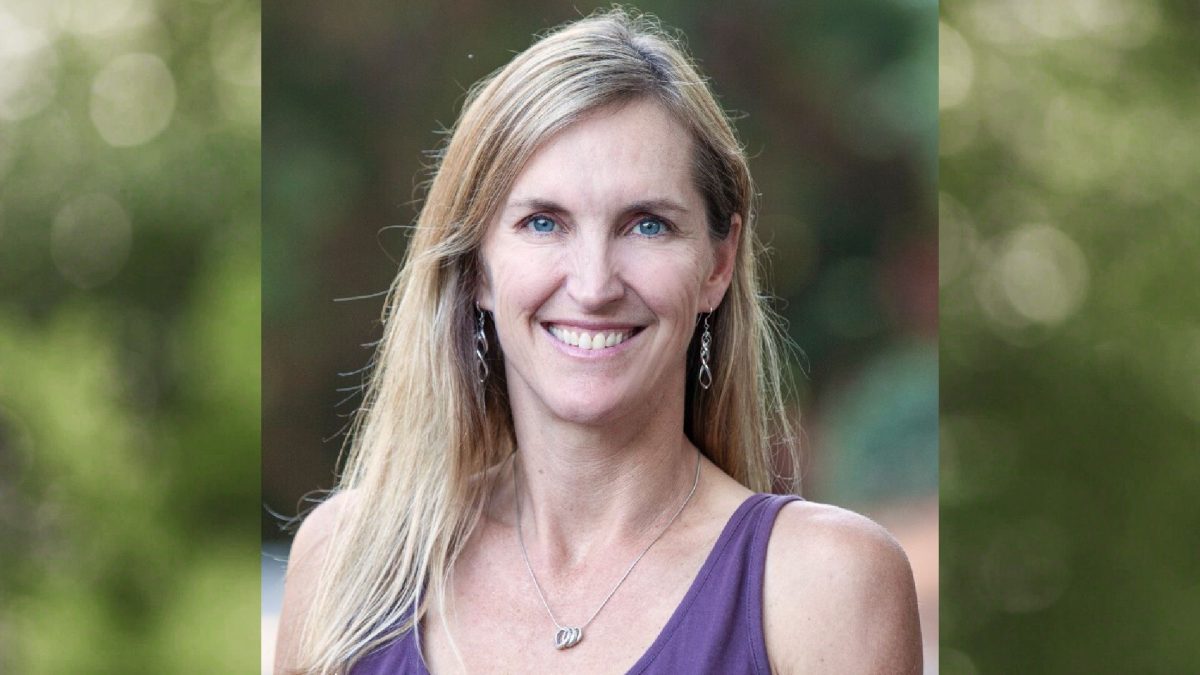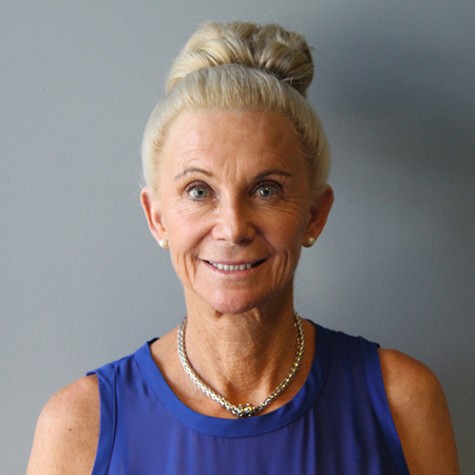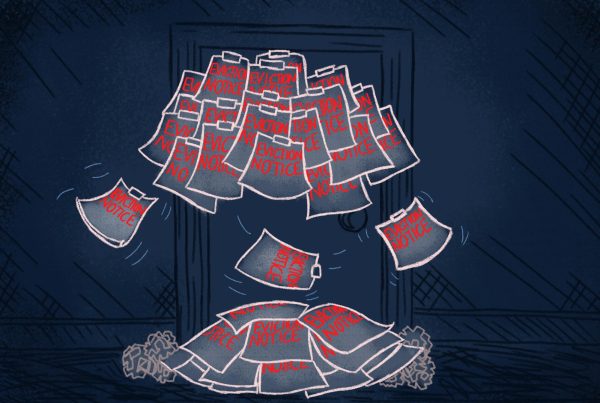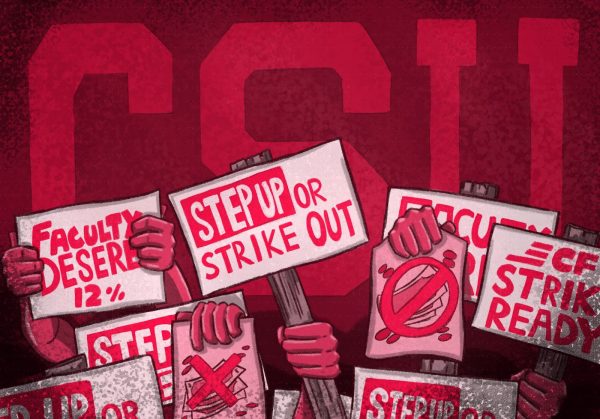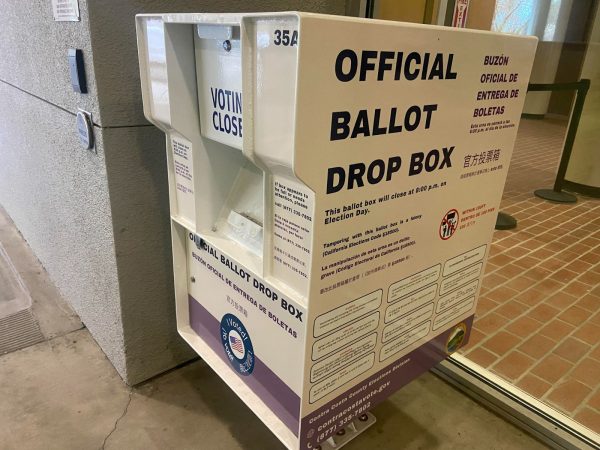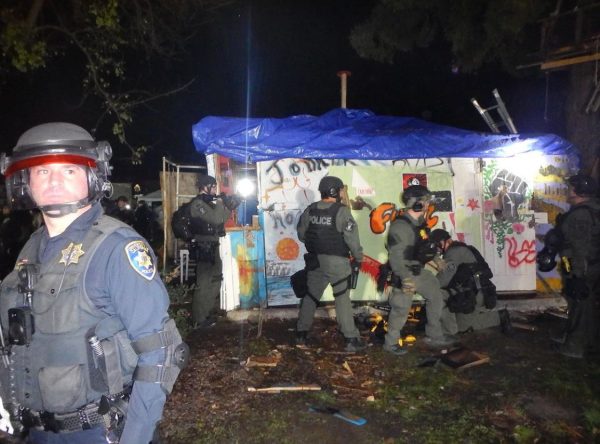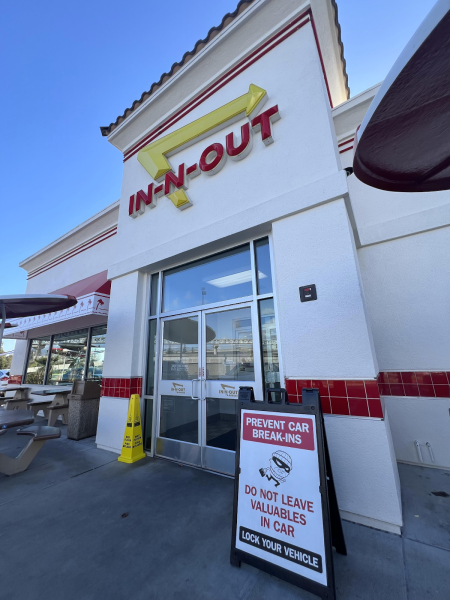Concealed carry on campus
Administration of Justice Department Chair Matthew Morrissey discusses the new ban on concealed carry on college campuses at his office on the DVC Campus on November l0, 2015.
December 3, 2015
California added a new layer to its gun control laws last month when the Governor signed legislation banning permitted concealed firearms on college campuses. Previously, California law made it illegal to have a firearm within 1,000 feet of a school or college campus, but had an exemption for those with concealed carry permits. In California, a county sheriff or police chief may issue a permit to a resident allowing him or her to carry a concealed weapon when certain requirements are met including a background check and proof of 16-24 hours of training.
Most of the 4, 400 colleges and universities in the U.S. do not allow students to carry firearms on campus. There are twenty states that have adopted the “campus carry” ban. However, eight states allow carrying concealed weapons on college campuses and 23 states allow individual colleges and universities to make their own policy on this issue. Utah and Wisconsin stand alone with laws requiring colleges and universities to allow concealed carry, according to an article written by the National Conference of State Legislatures, Oct. 5.
Since the Virginia Tech shooting in 2007, there has been an increase in the number of states allowing concealed carry on campuses. Just this year, lawmakers in 15 states have proposed 22 bills seeking less gun restrictions on campus. So far, only Texas has joined eight other states that will allow guns on campuses in 2016.
Those who oppose conceal carry bans on college campuses argue that such laws violate Second Amendment rights, make law abiding citizens more vulnerable to armed criminals and permitted concealed weapons on campus are likely to deter violent crimes and reduce death and injury in mass shootings. Ann Mobley, a small business owner in Martinez and a member of the NRA criticizes the new law as “encroaching on our freedoms guaranteed by the Constitution.” She worries that colleges are “sitting ducks if they don’t have armed citizens with concealed carry permits.”
Supporters of the new law contend that the dangers of guns on campus warrant restrictions on Second Amendment rights,at least one study shows that a person carrying a gun for self defense was 4.5 times more likely to be shot during an assault than someone without a gun. It is imprudent to introduce guns into college life, which typically includes alcohol, drug use and mental health issues. DVC’s Acting Director of Police, Safety and Emergency Services Chad Wehrmeister joins with other college police chiefs in supporting the new law. He reported, “Numbers have shown that less guns and dangerous weapons on campus generally make for a safer campus.”
While the debate over gun laws rages, DVC Administration of Justice Department Chair Matthew Morrissey has concluded that laws alone may not be the answer to gun violence. In addition to addressing the root causes such as mental illness and drug and alcohol addiction, he suggested “the solution is that citizens have to take action,” citing the violent incident on the train in France thwarted by U.S. soldiers who happened to be passengers on the train, and the recent knife attack at UC Merced that was stopped by bystanders.
At least one pro-gun organization, the Firearms Policy Coalition, has vowed to file a federal civil action challenging California’s new concealed carry law.






















